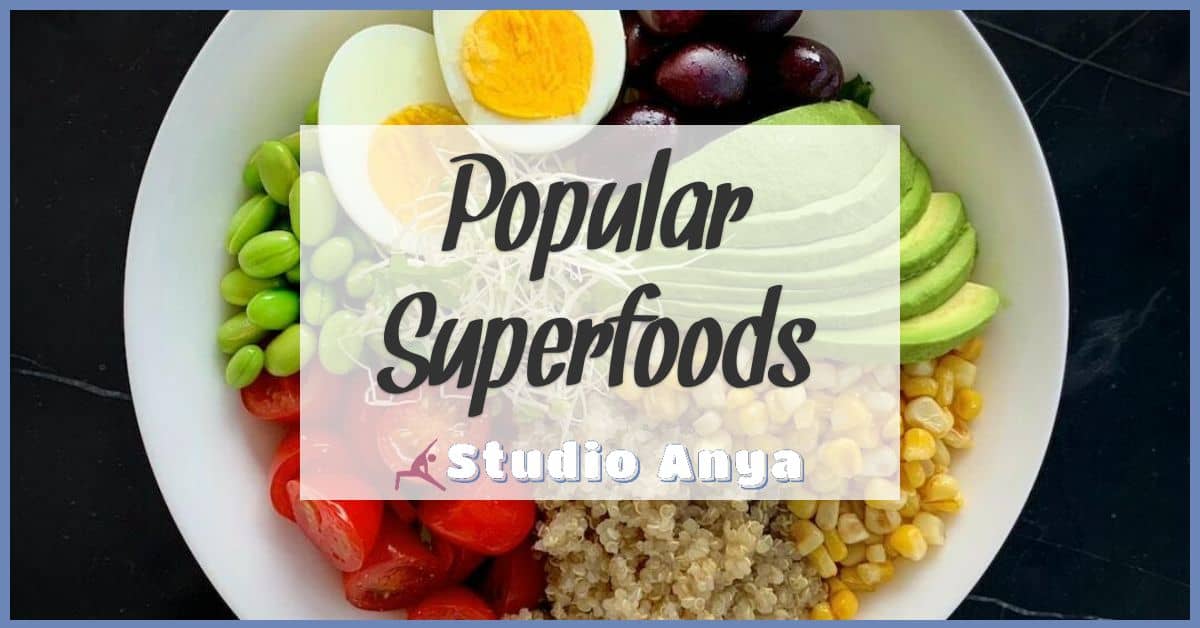When it comes to snacking, dried fruits often get a bad rap compared to their fresh counterparts. I mean, who hasn’t reached for a handful of sweet, chewy raisins or apricots when craving something fruity? But are these convenient treats just as healthy as biting into a juicy apple or a ripe peach?
Overview of Dried Fruits
Dried fruits serve as a delicious, convenient snack option packed with nutrition. Dried fruits undergo a process where water content is removed, concentrating their natural sugars and flavors. As a result, they provide a sweeter taste compared to fresh fruits. Some popular types include apricots, raisins, figs, and dates.
Nutritionally, dried fruits contain essential vitamins, minerals, and antioxidants. They often retain many nutrients, such as fiber and potassium, which are crucial for digestive health and maintaining cardiovascular function. For example, a 100-gram serving of dried apricots contains around 9 grams of dietary fiber, while fresh apricots yield only about 2 grams.
However, it’s essential to check for added sugars and preservatives in store-bought varieties. Avoiding these is crucial for maintaining a balanced diet. I recommend choosing unsweetened, organic options when possible, as these often provide the most health benefits.
Dried fruits can easily fit into a healthy lifestyle. They can enhance smoothies, oatmeal, or even salads, adding natural sweetness and texture. Incorporating them mindfully into your diet, while balancing with fresh fruits and other whole foods, supports overall health and vitality.
Nutritional Comparison
Dried fruits and fresh fruits each offer unique nutritional benefits worth exploring. Understanding their differences helps me make informed choices for a healthy lifestyle.
Vitamins and Minerals
Dried fruits maintain a wealth of essential nutrients even after the dehydration process. For instance, a 100-gram serving of dried apricots contains about 70% of the daily recommended intake of vitamin A, essential for eye health. Fresh apricots, while nutritious, only deliver about 10% of that same vitamin in the same serving size. Similarly, dried fruits like figs and prunes provide high levels of calcium, iron, and potassium, supporting bone health, blood circulation, and muscle function. By including a variety of dried fruits in my meals, I can enhance my nutrient intake and support overall wellness.
Sugar Content
Sugar concentration in dried fruits increases due to the removal of water during the drying process. For example, raisins contain around 59 grams of sugar per 100 grams, compared to only about 13 grams in fresh grapes. While this higher sugar content might seem concerning, it’s important to note that these natural sugars come packaged with fiber, vitamins, and minerals. Choosing unsweetened dried fruits helps keep added sugars in check, aligning with my health goals. Moderation remains key; incorporating small portions into balanced meals ensures that I reap the benefits without overindulging in sugar.
Health Benefits of Dried Fruits
Dried fruits offer numerous health benefits that align well with a holistic approach to wellness. They’re not just convenient snacks; they pack a punch of nutrition that supports a healthy lifestyle.
Antioxidant Properties
Dried fruits, like apricots and figs, contain high levels of antioxidants. Antioxidants help protect the body from oxidative stress and free radicals, which can lead to chronic diseases. For example, a serving of dried apricots provides significant amounts of vitamins A and C, both of which are powerful antioxidants. Incorporating these into my diet enhances my overall vitality and supports cellular health, which is essential for anyone committed to a holistic wellness journey.
Digestive Health
Dried fruits are an excellent source of dietary fiber, crucial for digestive health. A 100-gram serving of prunes, for instance, offers about 7 grams of fiber, promoting regular bowel movements and preventing constipation. Fiber aids in maintaining gut health and can even support weight management by keeping us feeling fuller for longer. I often recommend adding dried fruits to my classes as a wholesome option for a post-practice snack, as they help balance energy levels and promote a healthy digestive system.
Potential Drawbacks of Dried Fruits
While dried fruits offer several health benefits, they come with potential drawbacks that deserve attention.
Caloric Density
Dried fruits boast a higher caloric density compared to their fresh counterparts. For example, a 100-gram serving of dried apricots contains about 241 calories, while fresh apricots provide only 48 calories. That concentration increases because the water content is removed, leading to a more concentrated form of sugars and calories. This factor is crucial for those managing calorie intake or weight. It’s easy to overindulge since a small handful of dried fruits can easily contain the calories of a larger portion of fresh fruits. Mindful consumption is essential to avoid unintended calorie surplus when incorporating dried fruits into my meals or snacks.
Additives and Preservatives
Not all dried fruits are created equal. Many commercial options contain additives and preservatives, such as sulfur dioxide, which can affect individuals with allergies or sensitivities. Added sugars also appear in many varieties, increasing the overall sugar content. I always recommend checking the ingredient list when selecting dried fruits. Opting for unsweetened, organic varieties often provides the best nutritional value. This selection supports my goal of maintaining a balanced, health-conscious diet, especially as I teach yoga and meditation practices that emphasize purity and mindfulness in all areas of life.
Conclusion
Dried fruits definitely have their place in a healthy diet. They’re packed with nutrients and can be a delicious way to satisfy a sweet tooth. I love how versatile they are—whether I’m adding them to my morning oatmeal or snacking on them post-workout.
That said, it’s important to be mindful of portion sizes and added ingredients. Choosing unsweetened organic options can make a big difference. By incorporating both dried and fresh fruits into my meals, I feel like I’m getting the best of both worlds. So go ahead and enjoy those dried fruits, but remember to balance them with fresh options for a truly nutritious lifestyle.







